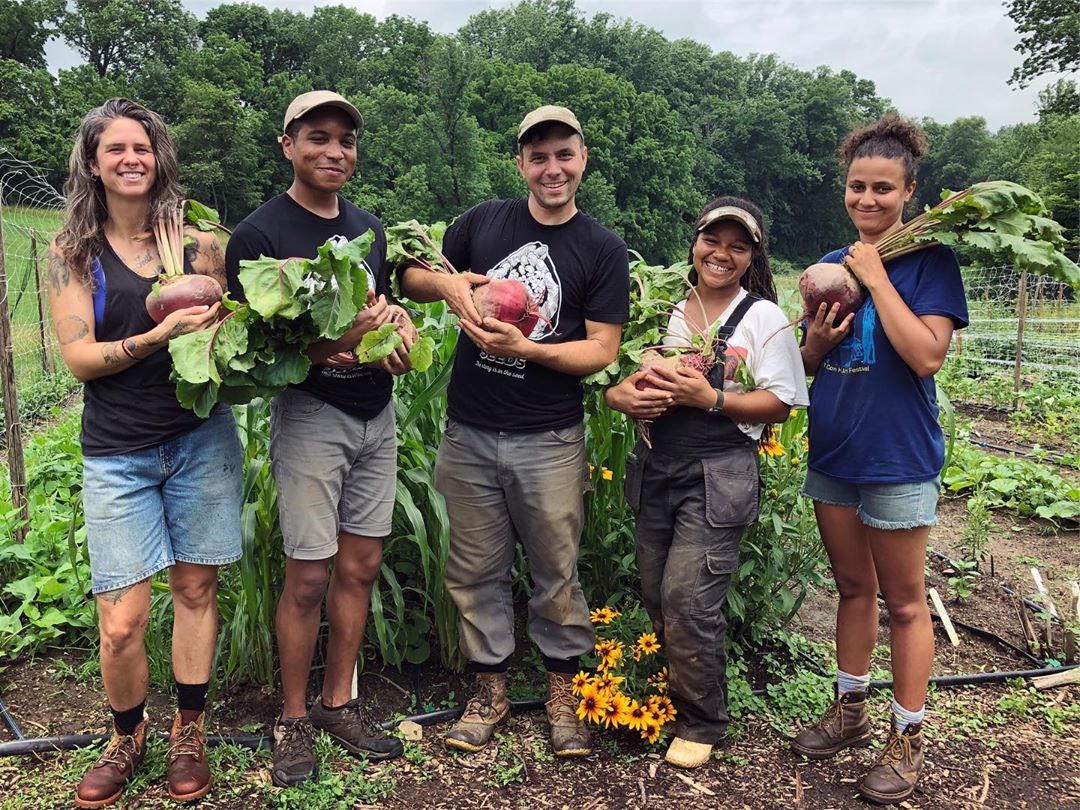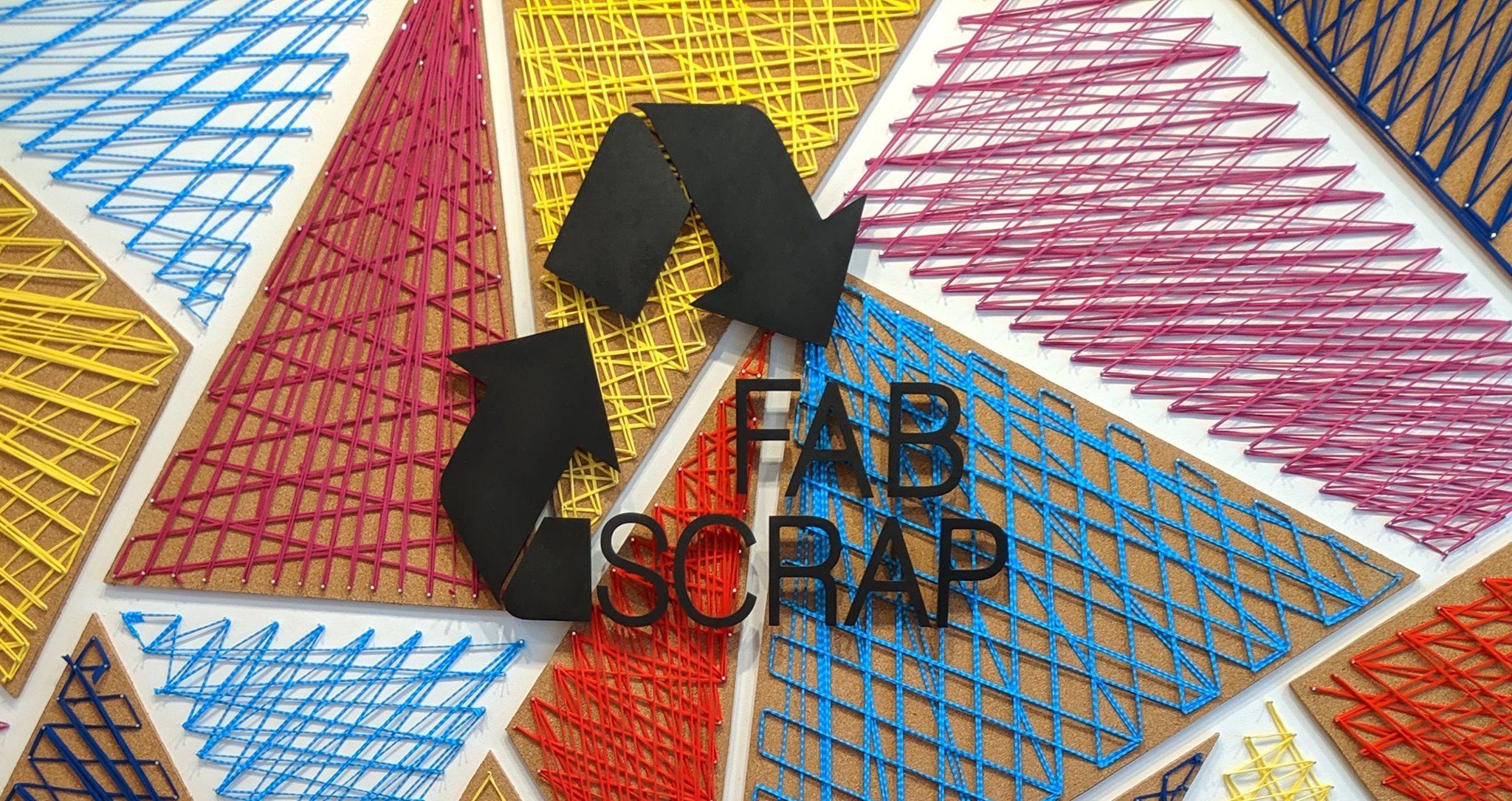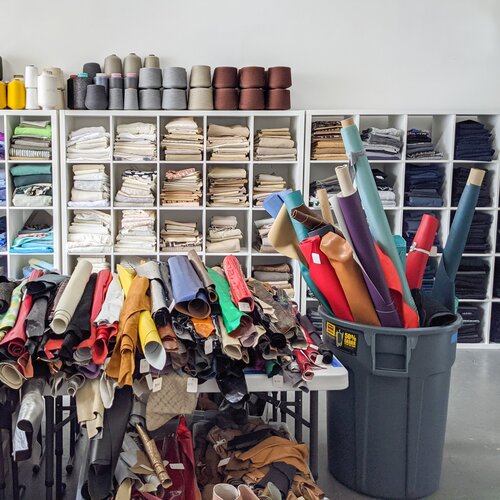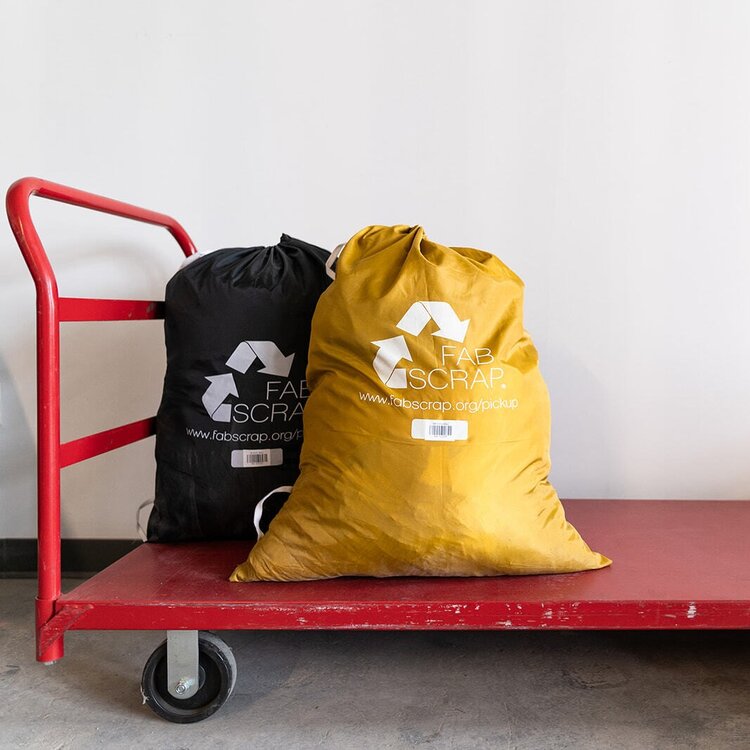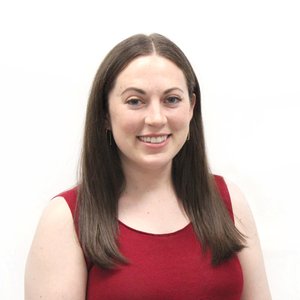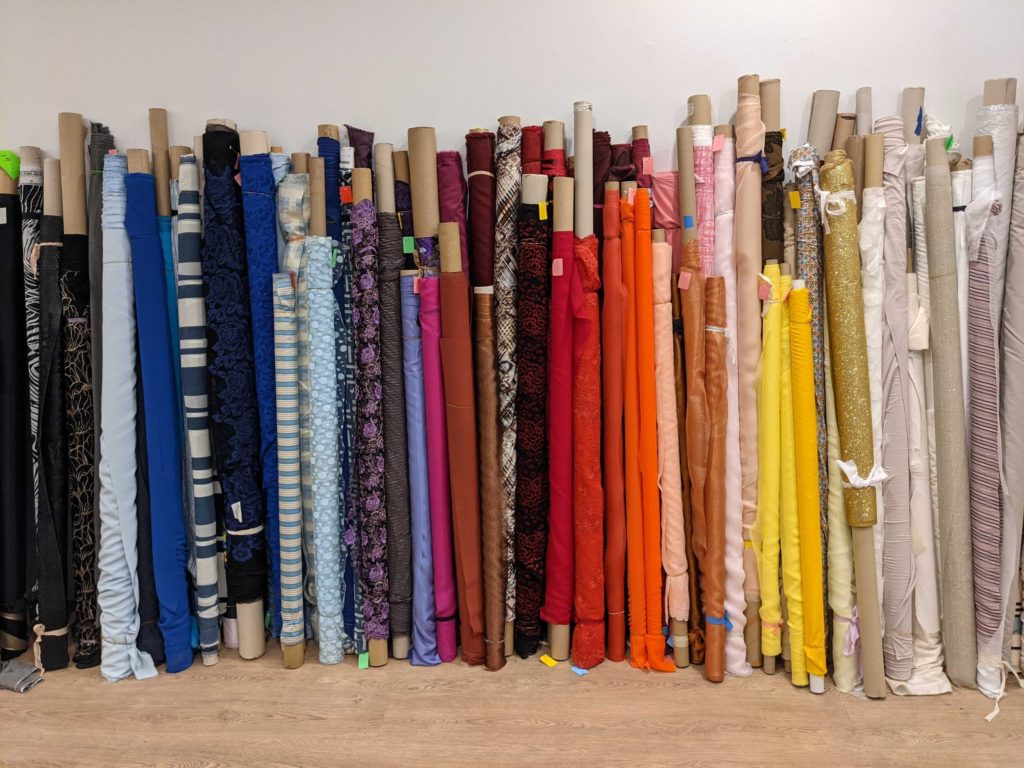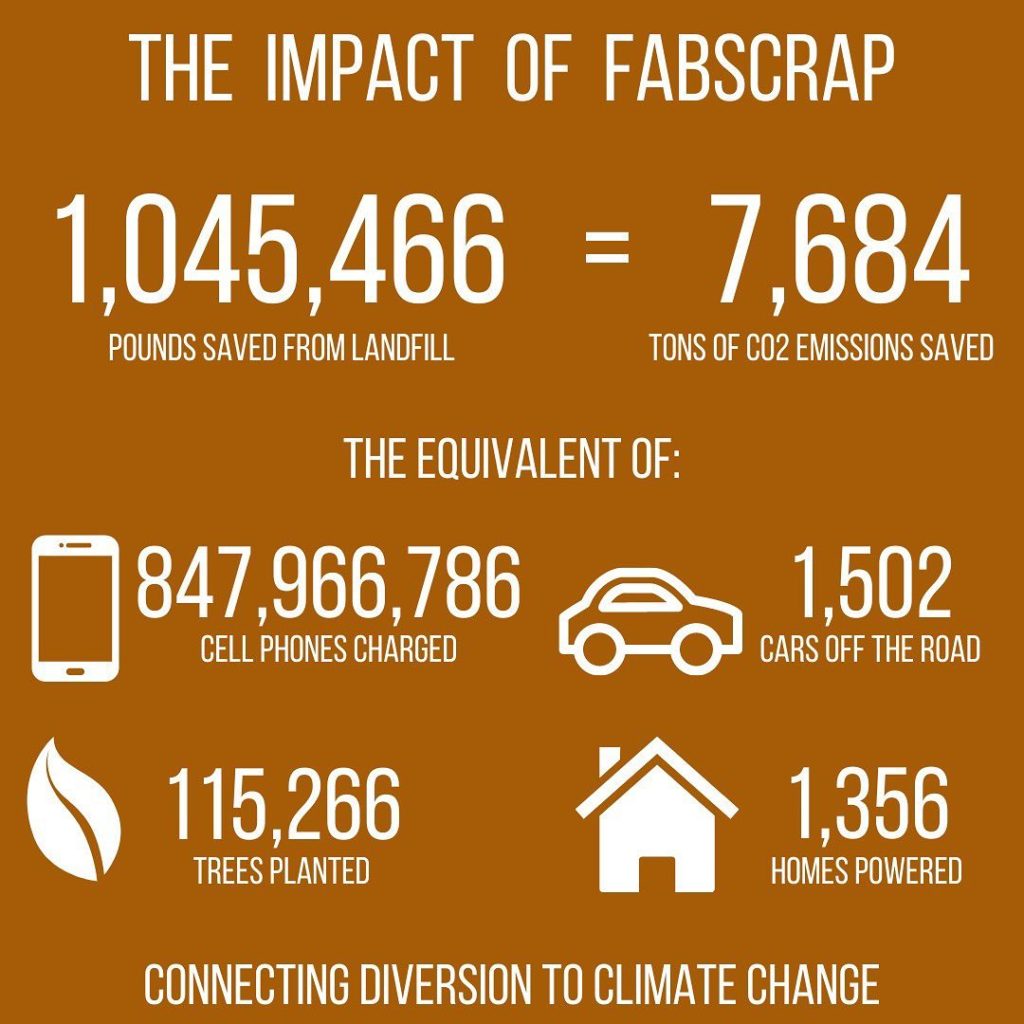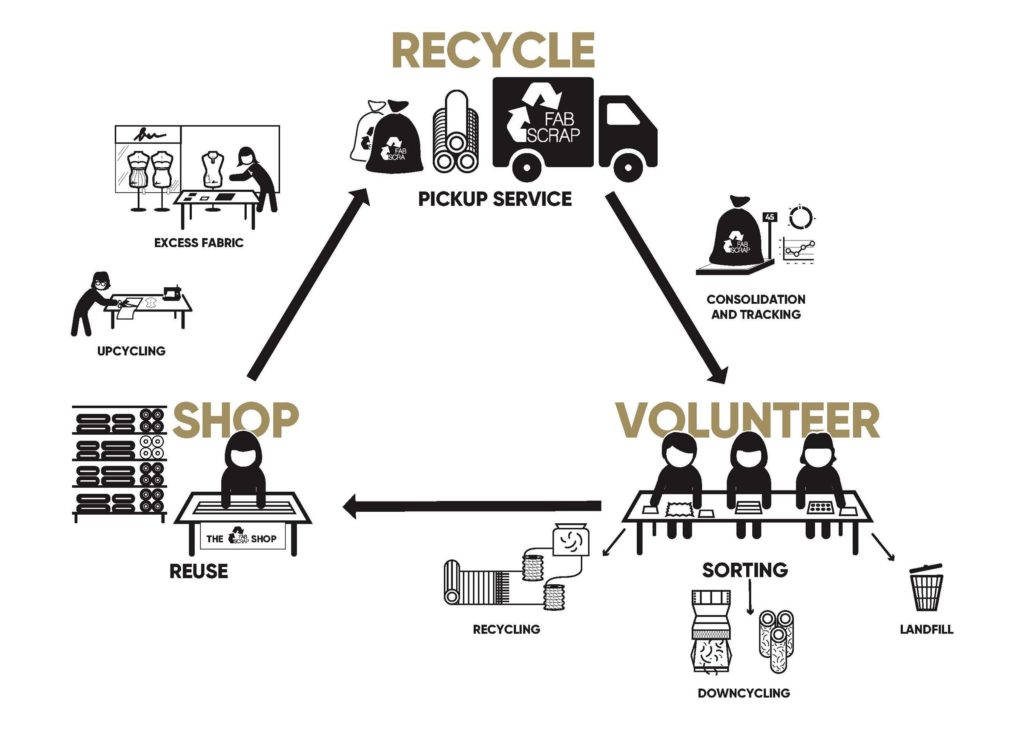There are many ways to explore your ancestral roots. You can take a DNA test, search a genealogical website, or plant heirloom seeds that represent your cultural heritage. That is the mission of True Love Seeds, a Philadelphia farm-based seed company dedicated to sustainable agriculture and returning pesticide-free, non-GMO seeds to their communities of origin. Before you plant your home or community garden this Spring, consider the rewards of using heirloom seeds that reflect your family’s history.
Seeds as Cultural Preservation
Have you ever wondered if recipes, passed down for generations in your family, actually taste
the same as when they were made fifty or one hundred years ago when people only ate produce in season? If you’ve ever bought tomatoes in February, chances are they are a far cry from the ones your Nana used to make her famous lasagna. But suppose you could plant seeds that would grow the very same San Marzano Tomatoes your grandmother used?
This is at the heart of True Love Seed’s mission. “Our farmers are recent immigrants, piecing together a fracture culinary history,” said Owen Taylor, co-founder of True Love Seeds.“It’s been a powerful journey to piece it back together and help them grow an ancestral food garden.” Their motto is, “Keeping seeds is an act of true love for our ancestors and our collective future!”
“Heirlooms are often the tastiest produce because seed varieties that didn’t taste great just weren’t saved. They are those lovely varieties that were bred by small farmers around the world before they had to worry about choosing varieties that kept for weeks and weeks or shipped well,” said Taylor.
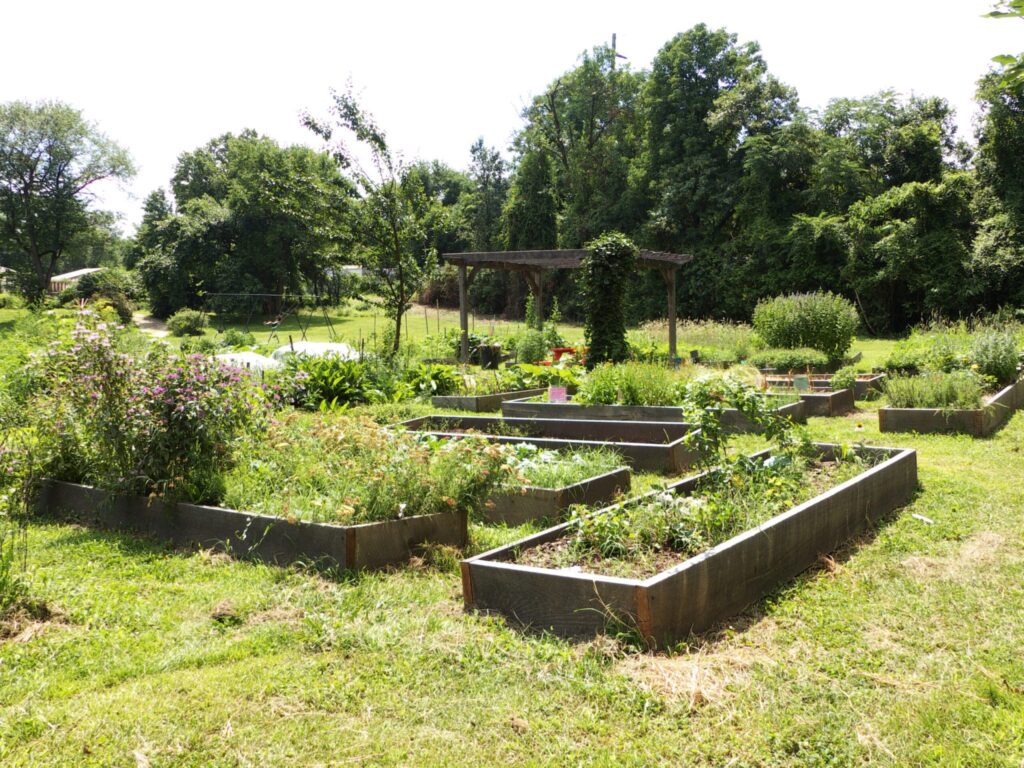
Since 2017, Truelove Seeds has worked with 70 farms from around the country with the goal of returning ancestral seeds back to communities who have lost them through removal from their land or other traumatic events such as slavery, war, and genocide. “We grow a lot of our seeds in Delaware County and we work with Bartram’s Garden, Pentridge Children’s Garden in West Philly, and Novick Urban Farm in South Philly,” said Taylor. “The Pennsylvania Horticultural Society buys seeds in bulk from us and distributes them to community gardens.”
Besides produce and herb seeds, True Love Seeds also sells heirloom flower seeds, such as Passionflower, Echinacea, Mountain Mint, Common Flax, and Fever Few among others.
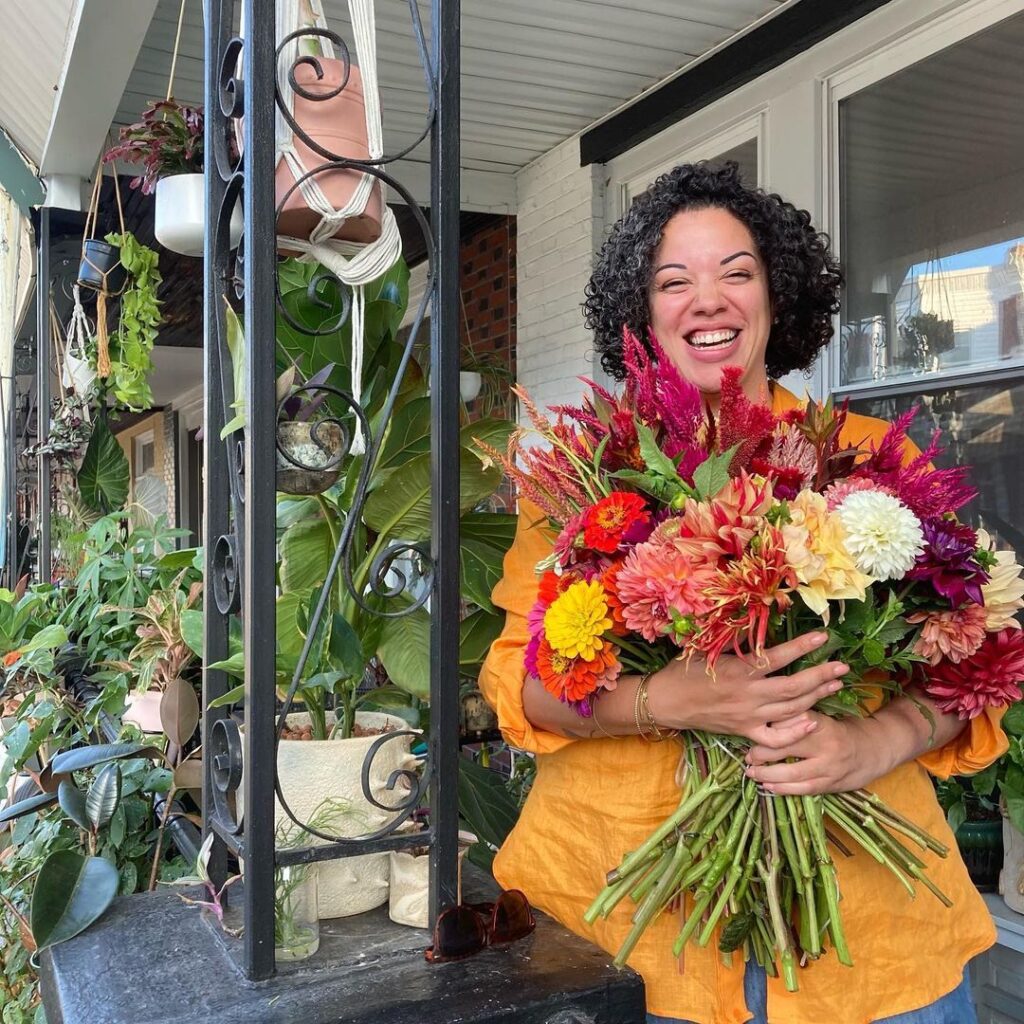
Heirloom Seed Collections
The below collections represent just part of the many herbs, produce, and flower seeds available from True Love Seeds online or at Riverwards Produce in Fishtown and Woodland Building Supply in West Philadelphia. Each collection tells the story of one of the many cultures that comprise our City:
The Philadelphia Collection honors the original people of our area, the Lenni-Lenape, the
Pennsylvania Dutch and the seeds were started by John Bartram in the 1700s. “We send many seed
varieties to Lenape groups and individuals each year,” said Taylor.
The African Diaspora Collection includes many crops that either originated in Africa or that
became important staples in the new world. Sankofa Farm at Bartram’s Garden produces sorghum, flowering sesame, okra, cotton, black-eyed peas, climbing gourds, and luffa. This collection was co-curated by Chris Bolden-Newsome, co-founder of True Love Seeds.
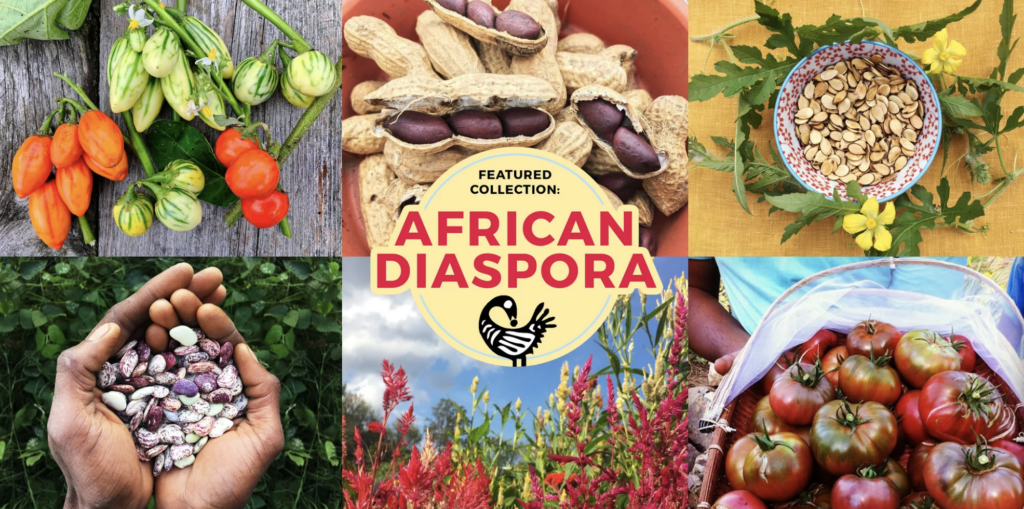
The Italian Collection offers Italian Frying Peppers, Wild Arugula, Broccoli Rabe, Winter
Squash, Rossa di Milano Onions, White Sicilian Eggplant, Fagiolina, Canestrino Di Lucca
Tomato and more.
In The Syrian Collection, you will find Palestinian Kusa Squash, Spotted Alepo Lettuce, Syrian
Cucumber, Syrian Red Bush Beans, Homs Tomato, and Syrian Pea. The Winter Collection
contains White Russian Kale, Vertissimo Chervil, Brown Winter Lettuce, Winter Spinach and
others.
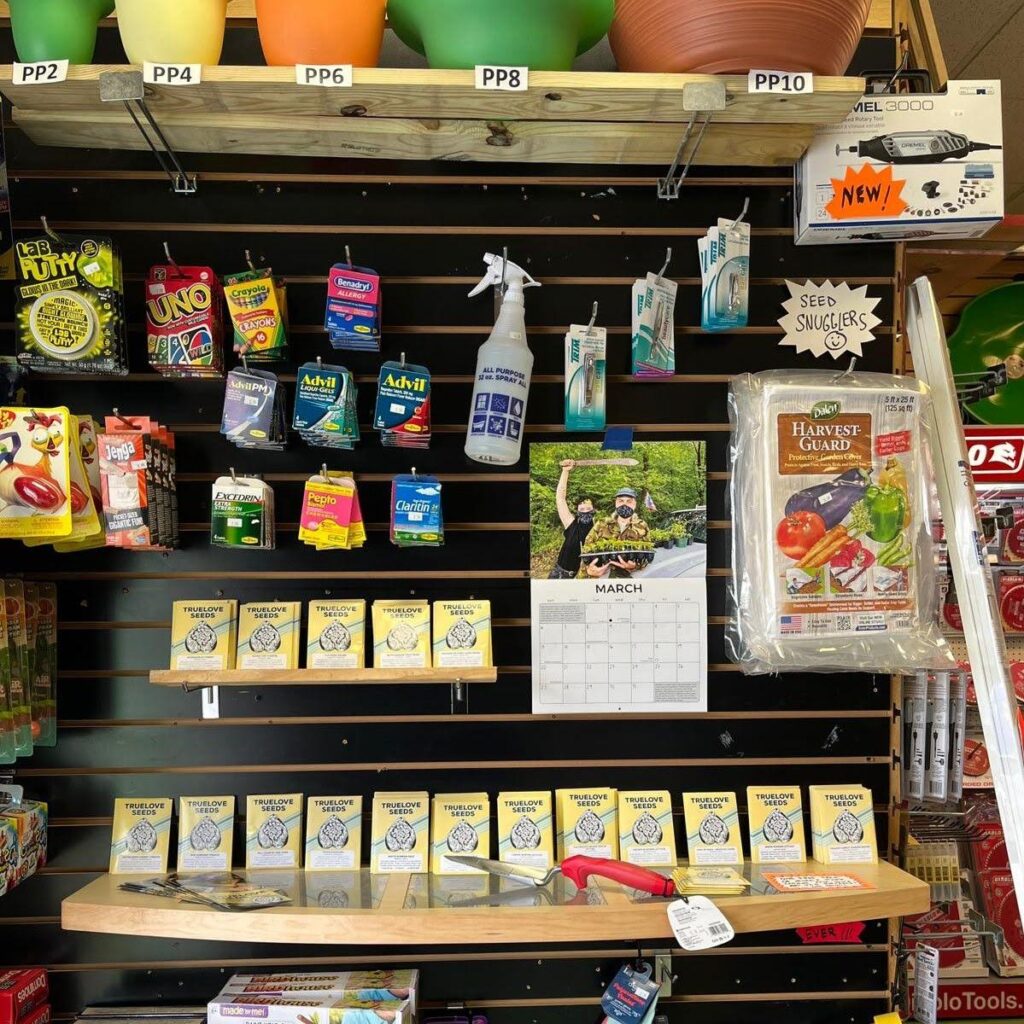
Seed Swaps & Community Education
Since 2015, True Love Seeds has organized and hosted several Seed Swaps per year with
the Free Library of Philadelphia as the Philadelphia Seed Exchange. At these swaps, gardeners and farmers from the region bring their extra seed harvests and half-used seed packets to trade with each other. “Throughout the year, we offer seed-keeping workshops on and off our farm to groups such as the Pennsylvania Horticultural Society, Pennsylvania Association of Sustainable Agriculture, and Swarthmore College,” said Taylor. “For example, at the Sankofa Community Farm at Bartram’s Garden, we co-lead an African Diaspora centered seed keeping workshop each year for their community and also bring an intergenerational seed cleaning station to their annual harvest festival.” Mark your calendar – Taylor will be speaking at Wyck Historic House & Garden in Germantown on April 15th from 11 am-4 pm.
Even if your garden is just your kitchen window box, you can support True Love Seeds by purchasing their seeds or by donating to their fundraising efforts to grow their business. True Love Seeds is currently raising funds to purchase farmland that will serve as a permanent farm for preserving ancestral seeds and offer community education programs. Learn more about this initiative and support their gofundme here.

